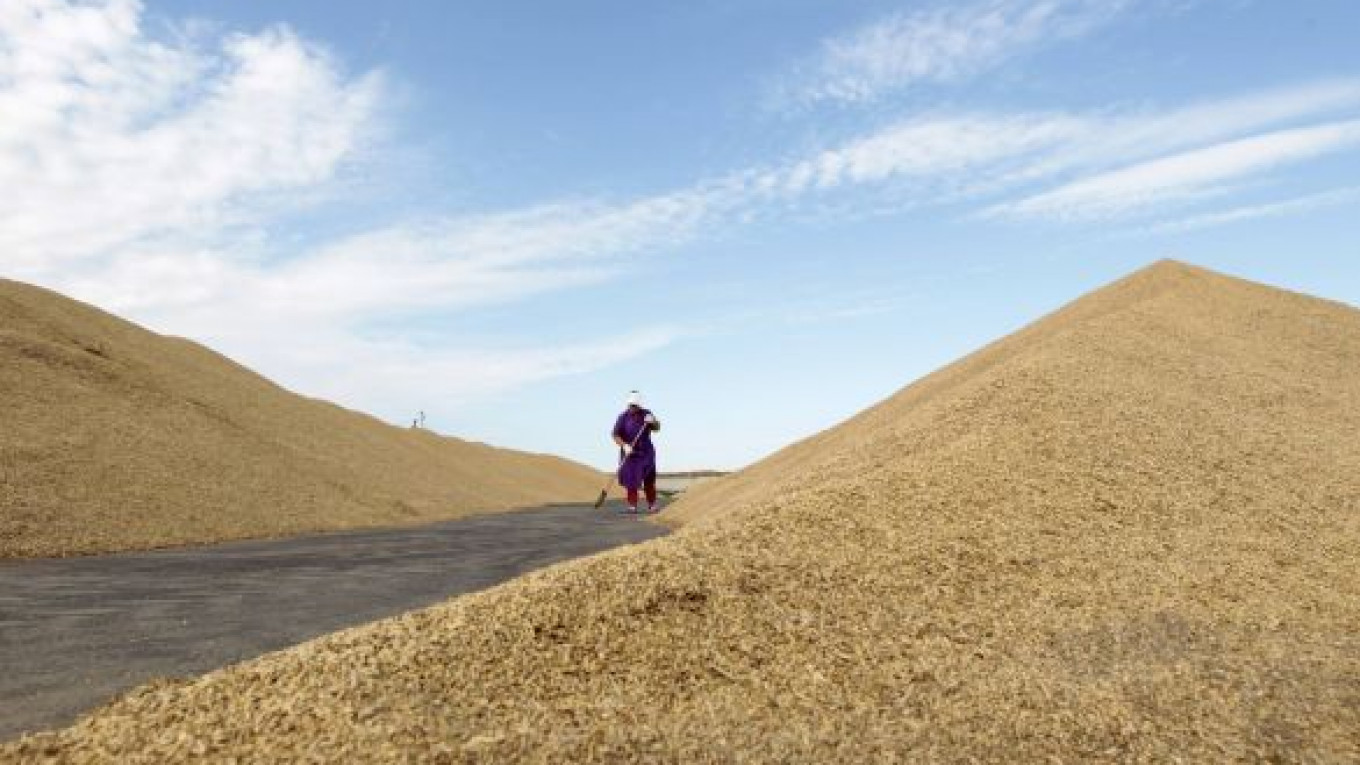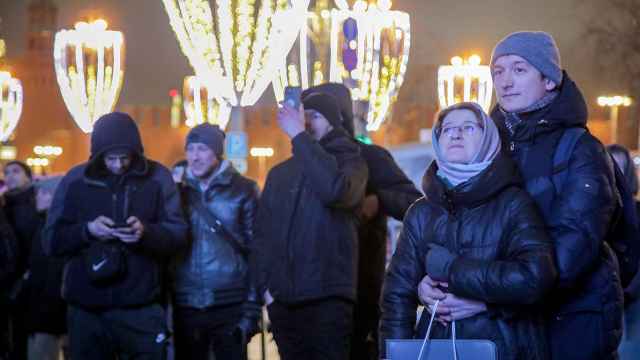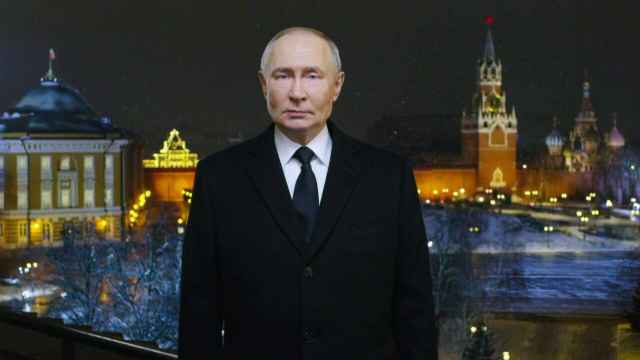MINSK — The gap between the black-market and official rates for the Belarussian ruble has doubled this month, pointing to further price and economic headaches for President Alexander Lukashenko.
The black-market rate has risen to 7,000 per dollar from about 6,000 in July, according to dealers on the street and web sites used to set up trades.
Businesspeople say they fear either that the regime will establish a blanket ban on buying foreign currencies or devalue the ruble to even lower levels than the current black-market rate — and are stocking up with dollars in response.
“Businessmen fear that … currency operations will be restricted,” said Viktor Margelov, a co-chairman of Belarus’ Entrepreneurs’ Confederation. “Now one can buy foreign currency using ‘gray’ [semi-legal] schemes, but soon even this may become impossible.”
Belarus devalued the ruble by 36 percent in May in response to a large current account deficit, and the official rate stood at 5,010 rubles per dollar Wednesday.
The ruble’s weakness and the struggle to get hold of dollars have forced prices for the country’s generally poor population sharply higher and prompted an unprecedented wave of street protests earlier this year.
Organizers say the “silent” protests have been put on hold over the hot summer vacation period, also spurred by a violent police response to the most recent rallies.
Private businesses and individuals say they are still virtually unable to buy foreign currency on the official market since most revenue is used to finance state companies’ essential imports such as energy.
Instead, entrepreneurs and ordinary Belarussians have turned to shady dealers hanging out near exchange points or web sites where they post buy and sell orders, which are then settled by meeting in person.
Lukashenko said last month that Belarus would unify exchange rates in the near future but gave no detail, prompting speculation about another devaluation of the official exchange rate.
Alternatively, analysts say, the government could restrict imports to reduce demand for foreign currency. The central bank declined to comment.
“One could guess that the foreign trade balance has deteriorated lately,” said Dmitry Kruk, an analyst at the Belarussian Economic Research and Outreach Center. “The positive effect of the May devaluation is now gone and import restrictions have been relaxed since May. I do not rule out … a repeat of the same scenario” of tightening regulations and ruble devaluation.
Economists say the crisis was caused by excessive government spending in the run-up to the December 2010 presidential election in which Lukashenko secured a fourth term in office.
To patch the holes in its balance of payments, Belarus signed a $3 billion loan deal with a Russian-led regional fund in June and requested up to $8 billion from the International Monetary Fund.
Last week, the government also agreed to pledge a 35 percent stake in its main cash cow, fertilizer producer Belaruskali, to secure a $2 billion loan from Sberbank.
On Monday, senior Belarussian and Russian officials are due to meet in Moscow, and Belarussian analysts say Minsk could announce new policy moves after the talks.
A Message from The Moscow Times:
Dear readers,
We are facing unprecedented challenges. Russia's Prosecutor General's Office has designated The Moscow Times as an "undesirable" organization, criminalizing our work and putting our staff at risk of prosecution. This follows our earlier unjust labeling as a "foreign agent."
These actions are direct attempts to silence independent journalism in Russia. The authorities claim our work "discredits the decisions of the Russian leadership." We see things differently: we strive to provide accurate, unbiased reporting on Russia.
We, the journalists of The Moscow Times, refuse to be silenced. But to continue our work, we need your help.
Your support, no matter how small, makes a world of difference. If you can, please support us monthly starting from just $2. It's quick to set up, and every contribution makes a significant impact.
By supporting The Moscow Times, you're defending open, independent journalism in the face of repression. Thank you for standing with us.
Remind me later.






